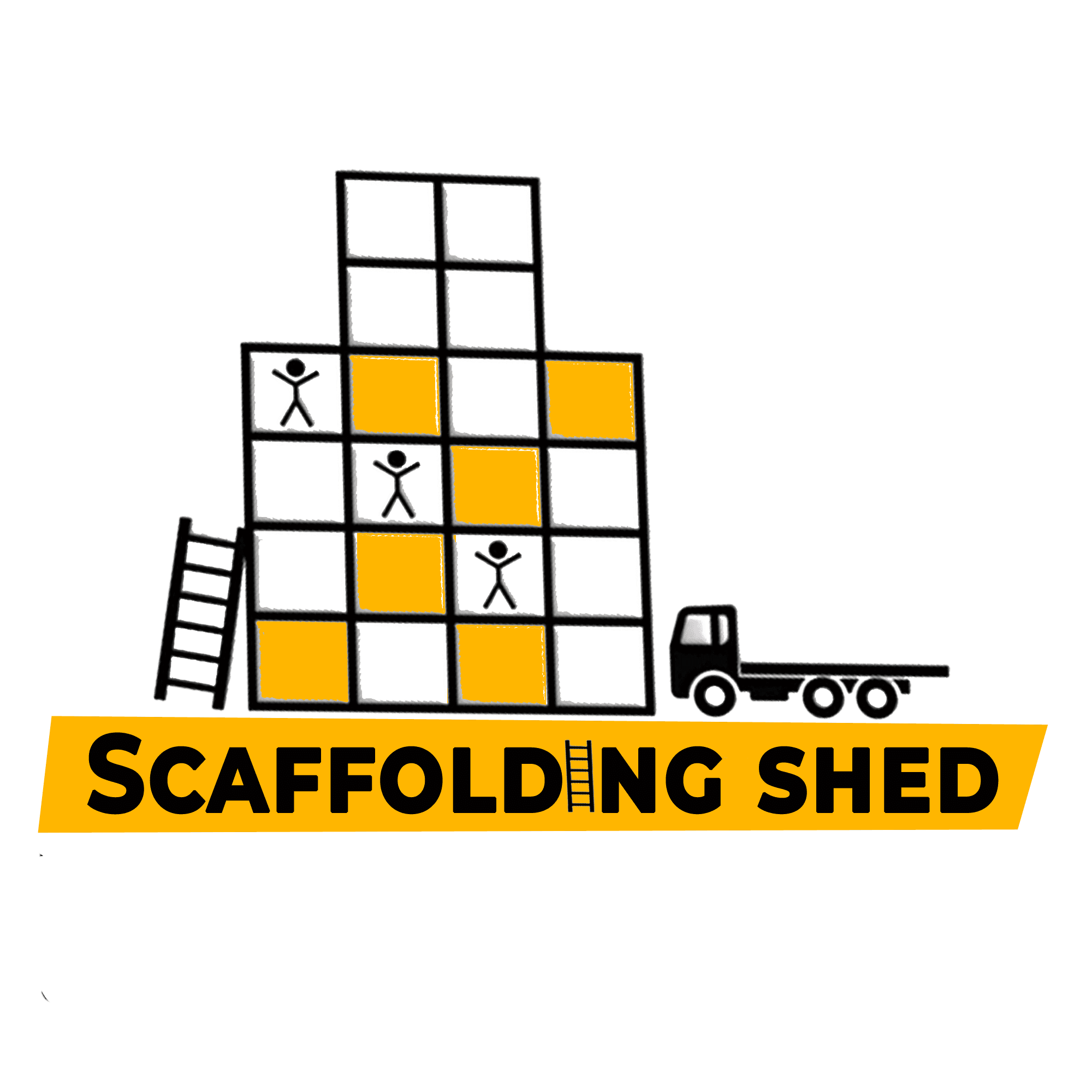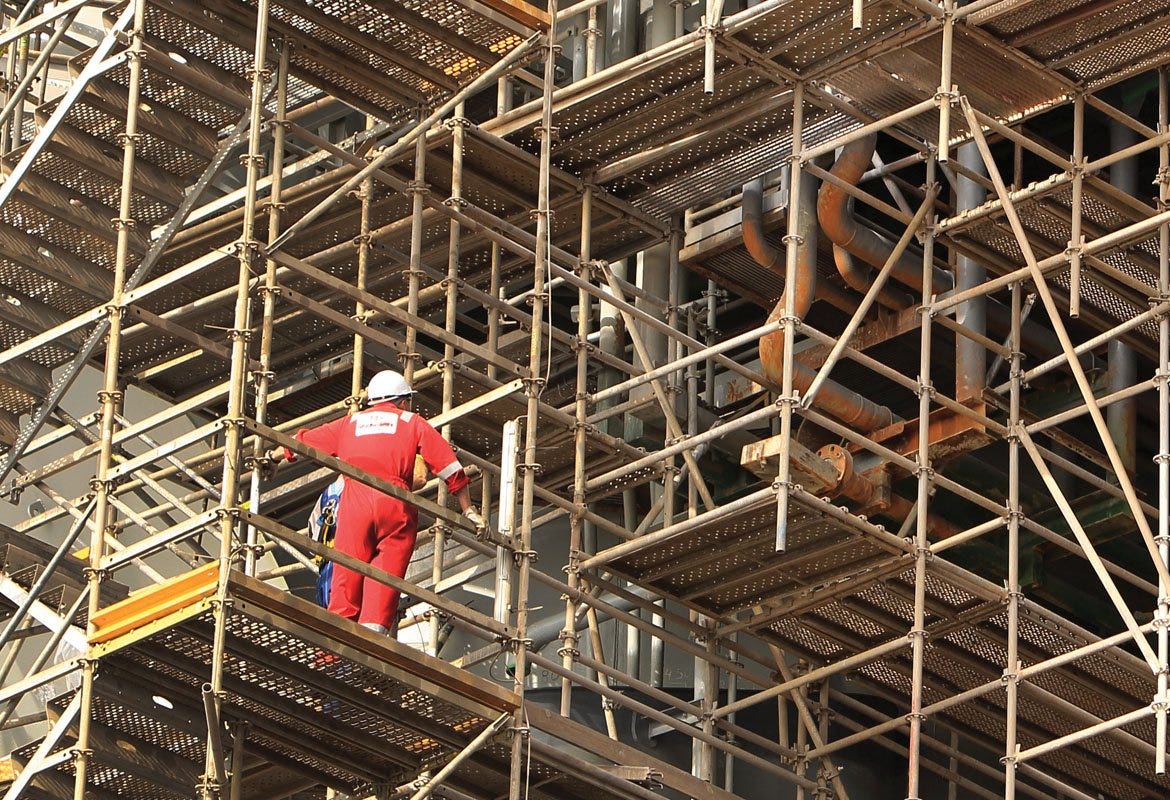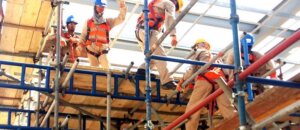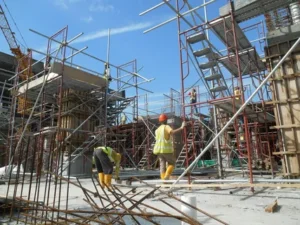Introduction
Scaffolding is an essential component in the urban construction landscape of New York City, a vertical metropolis constantly undergoing restoration, renovation, and development. With over one million buildings and strict regulations from the NYC Department of Buildings DOB, scaffolding companies ensure safety and access to structures during maintenance or new construction.
In this guide, we explore the scaffolding industry in NYC across multiple dimensions: key market players, service types, regulatory requirements, industry context and expert considerations when choosing a provider.
What Does a Scaffolding Company Do
A scaffolding company in nyc designs, installs, and rents temporary structures that provide safe working platforms for construction, maintenance, and restoration. In New York City, these structures are essential for Local Law 11 compliance, façade inspection, sidewalk shed protection, and multi story construction.
Top Scaffolding Companies in NYC
- Empire Sidewalk Shed and Scaffolding is a Manhattan based company known for sidewalk sheds and full scaffold system installations. They emphasize Local Law 11 compliance and work on commercial and high rise properties.
- Best Sidewalk Shed and Scaffolding, operating out of Brooklyn, focuses on rentals and quick deployments for residential and small commercial properties. Their fast service and borough-specific logistics make them a reliable choice for Brooklyn based contractors.
- Core Scaffolding, also in Brooklyn, provides complete scaffolding systems and maintenance. Their high review volume and consistent customer satisfaction reflect their experience in complex urban projects.
- Omega Scaffolding Supply Inc., located in Queens, not only offers rentals but also sells scaffold components. This makes them ideal for long term construction needs where owning equipment may be more cost-effective.
- Spring Scaffolding, based in Manhattan, offers a wide array of solutions including hoists, bridging, and specialty scaffolds for institutional and complex sites.
Services Commonly Offered by NYC Scaffolding Firms
Most scaffolding companies in NYC specialize in a few core services:
- Scaffold erection and dismantling
- Sidewalk shed installation
- Frame and system scaffolding
- Construction netting and protection
- Custom access platforms for hard-to-reach façades
- Temporary bridges and stair towers
- Equipment hoisting
NYC Scaffolding and Regulatory Compliance
- Scaffolding operations in New York City must comply with multiple regulatory frameworks. Local Law 11, part of the Facade Inspection Safety Program FISP, requires regular inspections of buildings over six stories, which often necessitate scaffolding systems for access.
- The NYC Building Code, particularly Chapter 33 on Safeguards During Construction, outlines safety standards, load requirements, and setup protocols. Violations can result in heavy fines and stop work orders.
- Additional federal standards from OSHA dictate fall protection, structural integrity, and safe access. The NYC Department of Transportation also requires permits for any scaffolding that extends onto public sidewalks or roadways.
Choosing the Right Scaffolding Company in NYC
When selecting a scaffolding company, prioritize firms that are licensed and insured with a clean safety record and experience handling the scale of your project. Some firms excel in fast deployment for short-term needs, while others offer long-term service contracts for extended construction cycles.
Transparent pricing, logistical efficiency, and knowledge of NYC specific regulations are critical. In many cases, the scaffolding provider will coordinate directly with the DOB and DOT to secure the necessary permits, relieving project managers of added bureaucracy.
Borough Specific Considerations
- Manhattan scaffolding projects typically involve high foot traffic, complex logistics, and multi story buildings. Companies here must be familiar with navigating strict compliance and fast-paced job sites.
- In Brooklyn, many scaffolding jobs focus on restoring brownstones or supporting boutique development. Firms with local presence and agile setups are preferred.
- Queens based scaffolding often supports larger industrial projects or city infrastructure, and companies that offer rental and purchase options provide added flexibility.
- Bronx and Staten Island projects tend to be smaller in scope, often residential or low-rise, requiring more economical scaffolding solutions.
What does a scaffolding company do?
They install and rent temporary structures for safe construction access.
Are scaffolding companies in NYC licensed?
Yes, all reputable companies must be licensed by the NYC Department of Buildings.
How much does scaffolding cost in NYC?
Prices vary based on size, location, and duration, typically starting from a few hundred dollars per week.
What is a sidewalk shed?
A sidewalk shed is a covered walkway installed to protect pedestrians during building work.
Do I need a permit for scaffolding in NYC?
Yes, most scaffolding projects require DOB and DOT permits.
How long does it take to set up scaffolding?
Setup can take anywhere from a few hours to several days depending on project size.
Can I rent scaffolding equipment only?
Yes, some companies offer equipment rental without installation.
Is scaffolding required for Local Law 11 inspections?
Yes, buildings over six stories usually need scaffolding for façade access.
Which boroughs have local scaffolding services?
All five boroughs have local providers, with many based in Manhattan, Brooklyn, and Queens.
What safety standards must NYC scaffolding meet?
Scaffolding must comply with NYC Building Code, OSHA, and Local Law 11 regulations.
Final Thoughts
Whether you’re managing a high-rise commercial project, overseeing a façade inspection, or renovating a residential building, selecting the right scaffolding company in NYC involves more than just cost. It’s about experience, safety, regulatory alignment, and project efficiency.
As the city continues to evolve, scaffolding companies remain integral to its skyline, quite literally holding up the future of its construction and preservation efforts.



